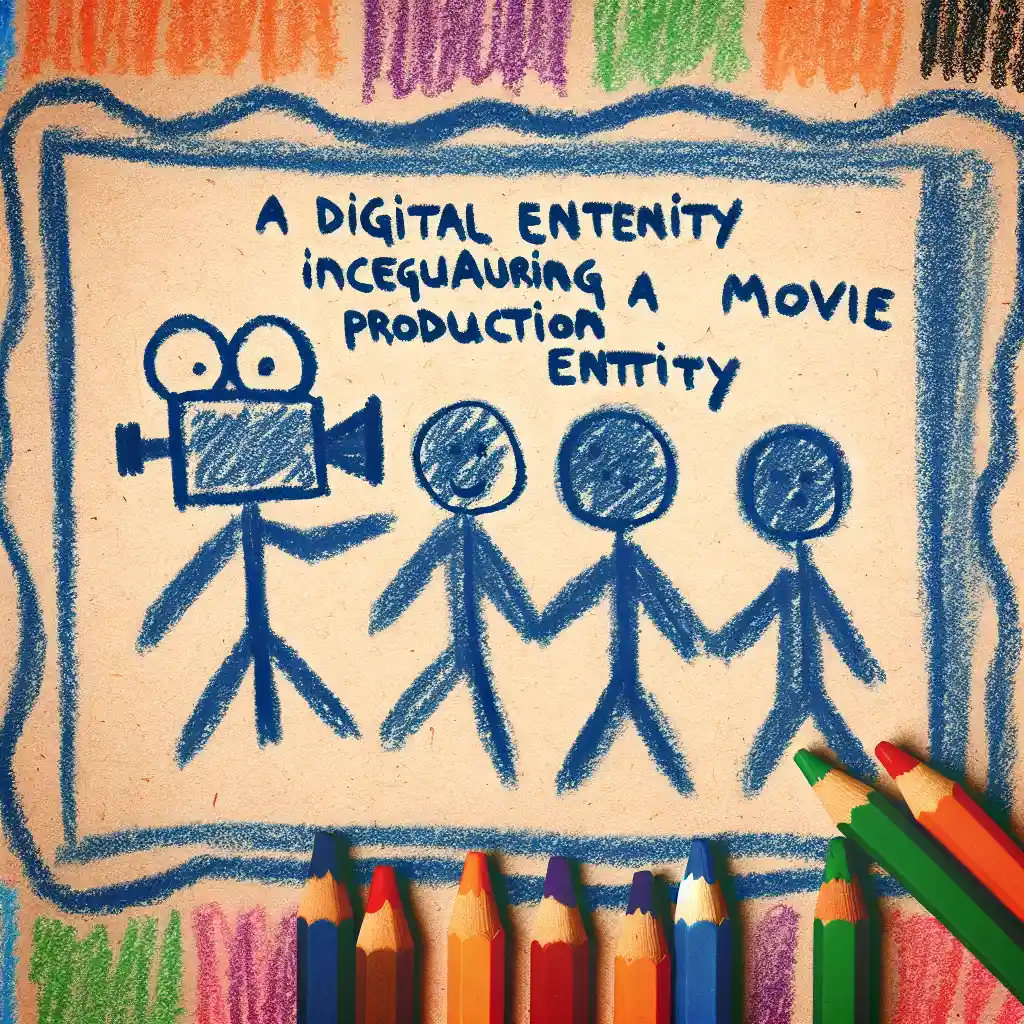Now, Netflix Is Rumored to Want Warner Bros.

Explain Like I'm 5
Imagine your favorite playground is up for grabs, and everyone wants to be the new king or queen of it. Netflix, which is like a big kid on the playground that shares toys (movies and shows) with everyone, is rumored to want Warner Bros., another big spot on the playground with lots of cool toys. If Netflix gets Warner Bros., it means they can share even more toys with us, which sounds pretty fun, right? But, there might be other kids (companies) who also want to rule this part of the playground, so it could turn into a bit of a tussle!
Explain Like I'm 10
Netflix, which is a company that lets us watch lots of movies and TV shows online, is rumored to be interested in buying Warner Bros., a very old and famous company that makes movies and TV shows too. This is kind of like one big toy store wanting to buy another big toy store so they can have more toys to offer.
But, it's not just Netflix that might want Warner Bros.; other companies might be interested too. This could lead to a competition where different companies try to offer the best deal to buy Warner Bros. If Netflix does manage to buy Warner Bros., it would mean that Netflix could offer us even more movies and shows to watch, which is exciting but also important because it could change how and what we watch in the future.
Explain Like I'm 15
Netflix, a major player in the streaming industry, is rumored to be interested in acquiring Warner Bros., one of Hollywood's most iconic studios that has a rich history of filmmaking. This potential acquisition is significant because it would allow Netflix not only to expand its library with Warner Bros.' extensive catalog of films and series but also to potentially control future productions and releases, reinforcing its position against competitors.
The context here is that the media landscape is highly competitive, with companies constantly looking to expand their influence and control over content. Owning Warner Bros. would give Netflix a considerable edge in content creation and distribution. However, such acquisitions often attract attention from regulators who might be concerned about competition and monopoly, which could slow down or even block the deal.
Moreover, the acquisition could have broader implications for the industry, including how content is priced and distributed. Other companies might respond by consolidating their own content and resources, leading to further mergers and acquisitions. This could reshape the media industry, influencing what and how content is available to us in the future.
In summary, while the potential acquisition could be a game-changer for Netflix and the entertainment industry, it also raises questions about competition, consumer choice, and the future landscape of media consumption.
Want to read the original story?
View Original Source